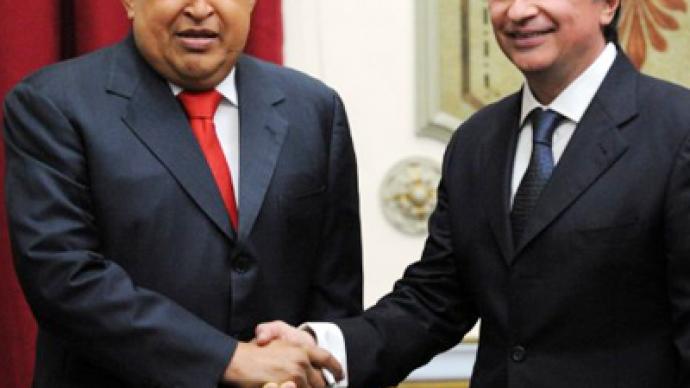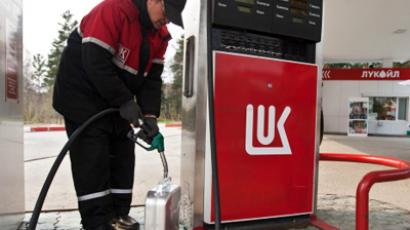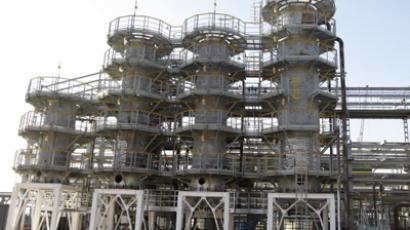Chavez Sechin meeting puts icing on trade links with new agreements

A meeting between Venezuelan President Hugo Chavez and his advisors, with a Russian delegation headed by deputy Prime Minister, Igor Sechin, has resulted in a number of bilateral business agreements on the oil and gas, finance, trade and agriculture.
A joint company Petromiranda established in 2010 between state oil company Petroleos de Venezuela and a consortium of Russian companies comprising oil majors Lukoil, TNK-BP, Rosneft, Gazprom Neft and Surgutneftegas will develop the Orinoco crude deposits – one of the largest and mostly untapped oil field in the world, with start of drilling scheduled on December and extraction to begin in May. During a tour of the oil fields with Venezuelan Oil Minister Rafael Ramirez, Deputy prime minister, Igor Sechin said real results were achieved in the project implementation. “As a result physical work to implement the project has actually begun at the field. In December we shall begin drilling and I am convinced we shall produce the first oil in May next year if we stick to the approved schedule”Eventually, 34 wells will be drilled at the Orinoco's Junin-6, which is slated to begin producing 50,000 barrels of crude by next year. Rafael Ramirez, Venezuelan Oil Minister, said. “It's one of the biggest fields we have. It has potential for 450.000 barrels per day” The Junin-6 block is 60% owned by the state energy monopoly while the Russian consortium holds the remaining 40%. Chavez said the project is the latest example of strengthening ties with Russia, as the socialist leader looks to move away from the U.S. Chavez also proposed creating a new organization that would protect the interests of large oil exporters, but said it wouldn't conflict with the OPEC, of which Venezuela is a founding member. “The thought occurred to me of how we could create a new organization of this new world that is emerging of the oil giants. There aren't too many oil giants in the world, maybe four or five, and Venezuela and Russia are two of them,” Venezuela is pushing foreign oil partners to increase investment into developing its Orinoco belt in a bid to raise the country's crude production levels to 4 million barrels a day by 2014, up from just under 3 million.














